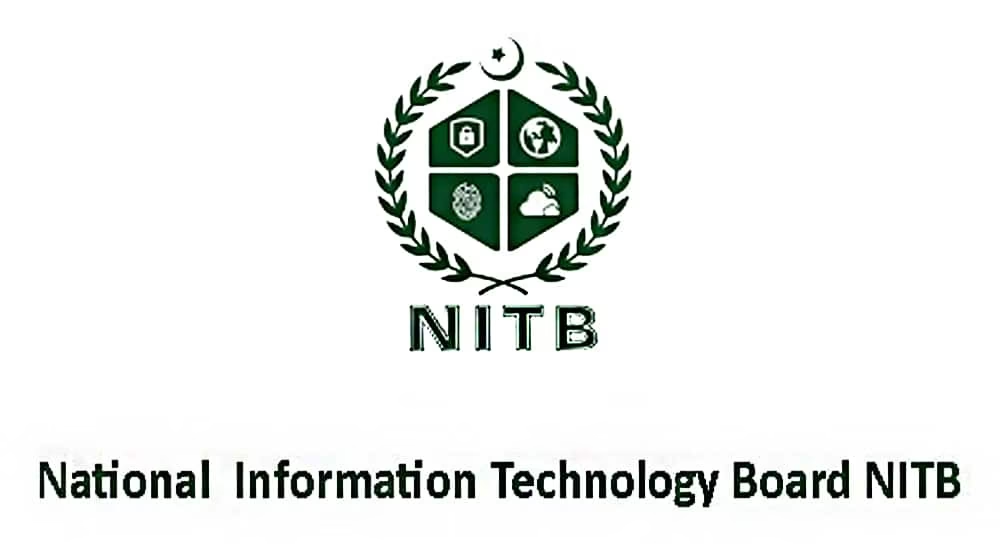In a significant policy reversal, the federal cabinet has approved the continuation of the National Information Technology Board (NITB) under the Ministry of Information Technology and Telecommunication (MoITT), shelving an earlier decision to dissolve the institution. The move marks a reaffirmation of NITB’s crucial role in spearheading digital transformation and governance initiatives across the country.
Reversal of Rightsizing Plan
The approval was granted under the Rules of Business 1973, following a formal summary submitted by the MoITT. The ministry requested the cabinet to reconsider the earlier directive issued by the government’s Rightsizing Committee, which had recommended the abolition of NITB as part of a broader administrative restructuring plan. That proposal aimed to decentralize IT procurement by allowing each government department to handle its own purchases independently through their respective procurement cells, effectively eliminating NITB’s centralized function.
However, the MoITT strongly opposed this move, arguing that dismantling the NITB would undermine efforts to digitize government operations, improve service delivery, and maintain standards across departments.
MoITT’s Defense of NITB
In its summary, the MoITT stressed the strategic significance of NITB in Pakistan’s evolving digital landscape. The ministry highlighted NITB’s ongoing contributions to:
- Automating government workflows
- Developing integrated digital platforms and citizen-centric apps
- Standardizing IT procurement processes
- Providing technical consultancy to federal and provincial departments
- Ensuring cybersecurity compliance and infrastructure support
The ministry emphasized that many of the government’s flagship e-governance projects would face setbacks without the centralized expertise and coordination provided by NITB.
NITB’s History and Legal Framework
The National Information Technology Board was formed in 2014 through the merger of the Pakistan Computer Bureau (PCB) and the Electronic Government Directorate (EGD). This consolidation aimed to streamline the government’s IT operations and promote digital integration across departments.
Recognizing the need for an independent and agile IT body, the government granted NITB autonomous status in 2022 through a formal act of Parliament. This legislative milestone allowed the board to function with financial and operational independence. It also established a governing body comprising representatives from both the public and private sectors, enhancing its governance structure and accountability.
Strategic Importance in the Digital Era
In an era where digital services are central to governance and public service delivery, the role of an institution like NITB has become more vital than ever. From handling backend government IT systems to providing digital tools for public-facing platforms such as health portals, citizen complaint systems, and e-filing services, the NITB is at the core of Pakistan’s digital transformation agenda.
The board has also played an instrumental role in national projects like the COVID-19 data dashboards, e-office rollouts, digital identity verifications, and secure government communications.
The MoITT argued that losing NITB at this critical juncture would disrupt Pakistan’s progress in achieving digital governance goals, widen the gap between departments in terms of digital maturity, and potentially waste years of institutional experience and knowledge.
Broader Implications
This decision to retain NITB also signals the government’s renewed commitment to building a digitally resilient and transparent governance model. It may also help bolster Pakistan’s credibility with international digital partners and tech firms, especially as the country positions itself to attract investment in emerging technologies like AI, blockchain, and cloud computing.
Earlier this year, Meta entered discussions with the Pakistani government to support the country’s digital skilling and AI ecosystem. Such partnerships are likely to depend on having strong, centralized digital institutions like the NITB in place to coordinate execution.
With the federal cabinet’s approval now in place, the focus is expected to shift toward strengthening NITB’s capabilities and addressing previous criticisms regarding bureaucratic delays and limited agility. Officials believe that reforming and empowering the board, rather than dismantling it, is the key to accelerating Pakistan’s digital journey.
The MoITT is also expected to initiate further legislative and structural improvements to ensure the NITB remains adaptive to the rapidly changing technology landscape, while continuing to provide value to public sector institutions and citizens alike.
In a world where digital governance is no longer optional, Pakistan’s decision to keep NITB alive and operational reflects a strategic move towards institutional continuity, innovation, and smarter public service delivery.



